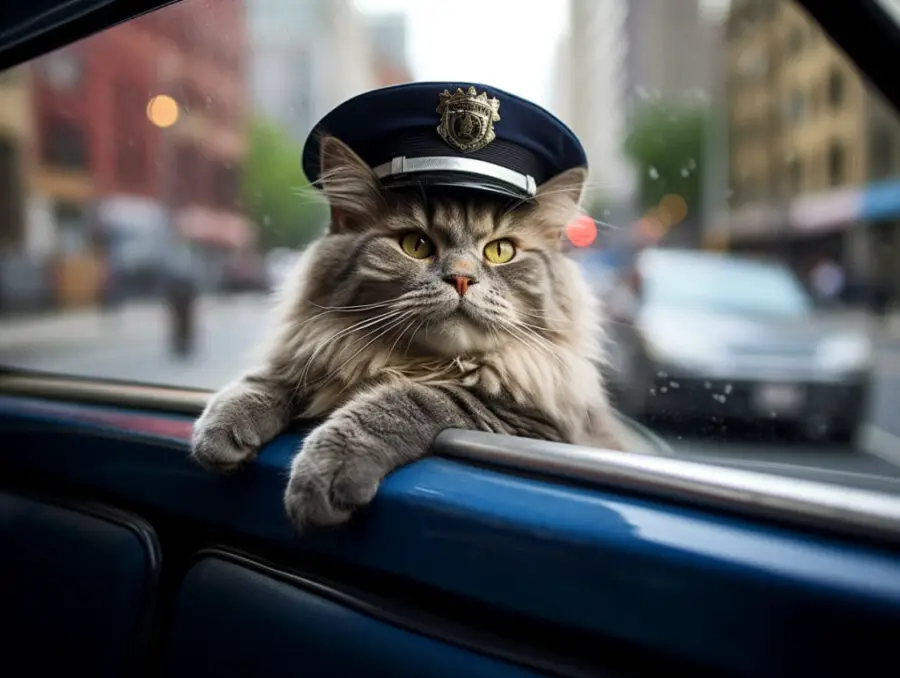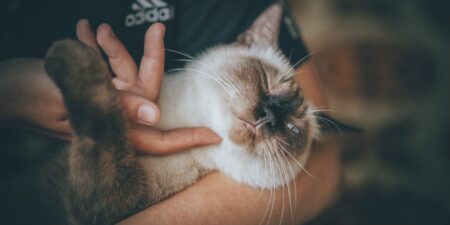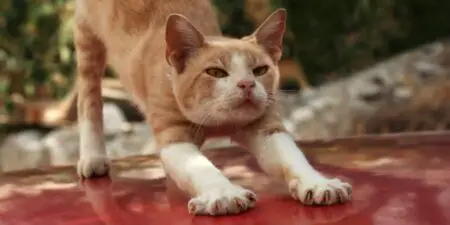Ever found yourself musing about cats in law enforcement? We’re all familiar with heroic police dogs — their loyalty, courage, and skills are celebrated far and wide. But have you ever considered if cats could play a role in this space?
Police Dogs: A History of Four-Legged Heroes
The tradition of using dogs in police work can be traced back to the mid-19th century in London, where the English bobbies employed Bloodhounds to track criminals. However, it wasn’t until the early 20th century in Belgium that formal training schools for police dogs were established.
Breeds like German Shepherds quickly gained popularity for their intelligence, strength, and trainability. Over time, different breeds, including the agile Belgian Malinois and the ever-reliable Labrador Retriever, joined the ranks, assisting in a wide array of tasks from detecting narcotics and explosives to search and rescue missions.
Today, police dogs are an integral part of law enforcement agencies worldwide, providing invaluable services that extend far beyond their initial tracking roles. Breeds like German Shepherds, Belgian Malinois, and Labrador Retrievers have demonstrated an exceptional aptitude for police work due to their strength, agility, and advanced sense of smell.
The Role of Cats in Law Enforcement: Fact or Fiction?
The notion of a ‘police cat’ might sound unusual, primarily because cats have different skills and behaviors than dogs.
While cats are independent, adaptable, and possess impressive stealth, their inherent traits don’t typically align with traditional police work.
Moreover, in a more casual context, many police stations have ‘station cats’ or ‘mascots’ that provide companionship and stress relief to officers, contributing positively to their overall mental well-being.
Can Cats Be Trained Like Police Dogs?
Training a cat like a police dog would indeed be challenging.
Unlike dogs, cats are famously independent and less inclined to follow human commands.
Cats are solitary by nature, and their aloof temperament can make cooperative tasks difficult.
Additionally, cats are less motivated by praise and more by self-interest than dogs.
But who knows what the future holds?
Unique Skills That Cats Bring to the Policing Arena
While cats may not be as straightforward to train for typical police work as dogs, they do have certain skills that could prove beneficial.
For example, their exceptional night vision, keen hearing, and ability to climb and squeeze into small spaces can come in handy during certain investigations.
Although rare, there have been instances of cats playing a role in solving crimes.
For instance, in 2013, a cat in Japan indirectly led police to a burglary suspect by marking the criminal with its fur, providing valuable DNA evidence.
Comparing Abilities: Police Dogs vs. Police Cats
While cats have some skills that could theoretically be useful in law enforcement, they’re generally not as suitable for police work as dogs.
Dogs are pack animals, making them more naturally disposed to work as part of a team.
Furthermore, dogs have a keen sense of smell that exceeds that of cats, making them ideal for scent-detection tasks.
The Future of Feline Officers: Is It Possible?
Considering the current limitations, it’s unlikely we’ll see ‘police cats’ in the traditional sense anytime soon.
However, it’s not entirely out of the question that cats may have niche roles in law enforcement, especially as our understanding of animal behavior and training methods continues to evolve.
If police cats were a real thing, I’d imagine that police departments would likely focus on qualities such as intelligence, trainability, agility, and instincts that lend themselves well to the duties of a police cat.
Here are three breeds that could potentially fit the bill:
Breed #1: Maine Coon Cat
Known as one of the largest domesticated cat breeds, Maine Coons are highly intelligent and trainable. They’re known for their problem-solving skills, adaptability, and sociability, which could make them suitable for tasks that require interaction with the public or solving complex problems.
For example, they could be trained to find lost items in a public setting or guide individuals through complex routes, acting as a community support cat.
Breed #2: Siamese Cat
Siamese cats are exceptionally intelligent, curious, and alert, with a propensity for problem-solving.
For example, their curious nature could make them effective for investigative work, such as identifying hidden objects, which would make them valuable in areas like airport security, where they could be trained to identify illicit substances or banned items.
Breed #3: Bengal Cat
Bengals are highly active and agile cats known for their love of climbing and exploring. They are intelligent, trainable, and have strong hunting instincts. This breed could be suitable for search and rescue missions due to their natural affinity for exploration and hunting.
For example, they could be trained to locate people in disaster situations, similar to how dogs are used.
Summary: Debunking the Police Cat Myth
While the idea of a ‘police cat’ may not be as far-fetched as it initially seems, the practicalities of such an arrangement make it an unlikely prospect.
However, our four-legged feline friends can and do contribute in their own unique ways to our society.
Police Cat Keeps a Close Eye on All the Officers (Video)
"In ancient times cats were worshipped as gods; they have not forgotten this."
-- Terry Pratchett





